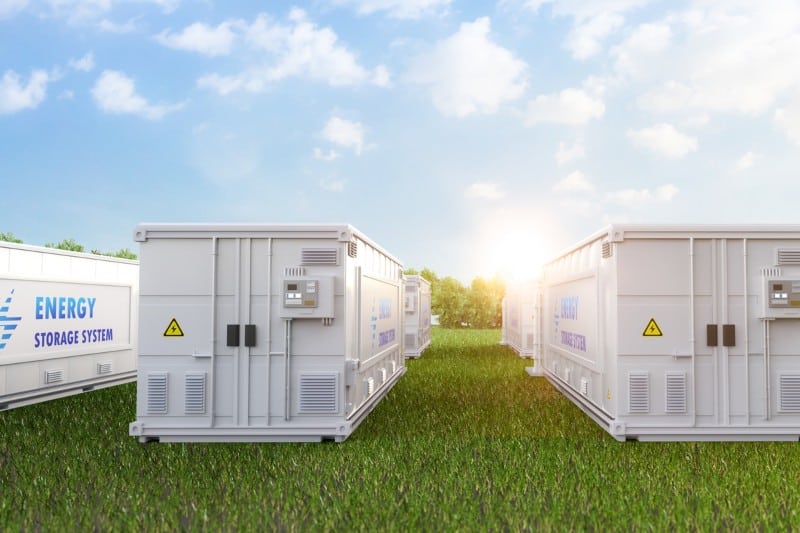Malaysia, through its national utility provider Tenaga Nasional Berhad (TNB), is investing MYR 43 billion (USD 9.2 billion) to upgrade the country’s power grid in response to growing electricity demand and the transition toward renewable energy. The modernization effort includes the integration of advanced technologies such as artificial intelligence and battery energy storage systems, aiming to enhance grid flexibility and long-term resilience.
This investment is part of Malaysia’s broader strategy to promote sustainability and reduce reliance on fossil fuels, ensuring the nation is prepared for future energy challenges. As current chair of ASEAN, Malaysia is also championing greater regional energy integration through projects like the ASEAN Power Grid (APG), which are seen as key to boosting trade, strengthening diplomatic relations, and driving economic development. Despite Southeast Asia’s vast renewable energy potential, including Malaysia’s solar capacity, Vietnam’s wind resources, Laos’ hydropower, and Indonesia’s geothermal reserves, the region accounted for just 2% of global clean energy investment in 2023. To reverse this trend, governments must put in place investor-friendly financial structures. In Malaysia, programs such as the Corporate Renewable Energy Supply Scheme (CRESS) and the Green Technology Financing Scheme aim to attract private capital and accelerate the growth of clean energy initiatives.
Malaysia is also taking a leadership role in carbon capture and storage (CCS), passing the Carbon Capture, Utilization and Storage Bill 2025 to regulate this emerging sector. Petronas is spearheading plans to develop three offshore CCS hubs, working with over 10 international partners, including major players from Japan, South Korea, as well as global energy firms like TotalEnergies and Shell. These initiatives aim not only to serve domestic decarbonization needs but also to position Malaysia as a regional hub for cross-border carbon storage. Collaborations with companies like ENEOS, Mitsubishi, and JX Nippon to transport CO₂ from Japan to Malaysia further support this vision. As the region transitions, Malaysia is also calling for an inclusive approach, ensuring that energy access is equitable and emissions are reduced across both new and existing systems.
(Sources: The Edge Malaysia; Malay Mail)
